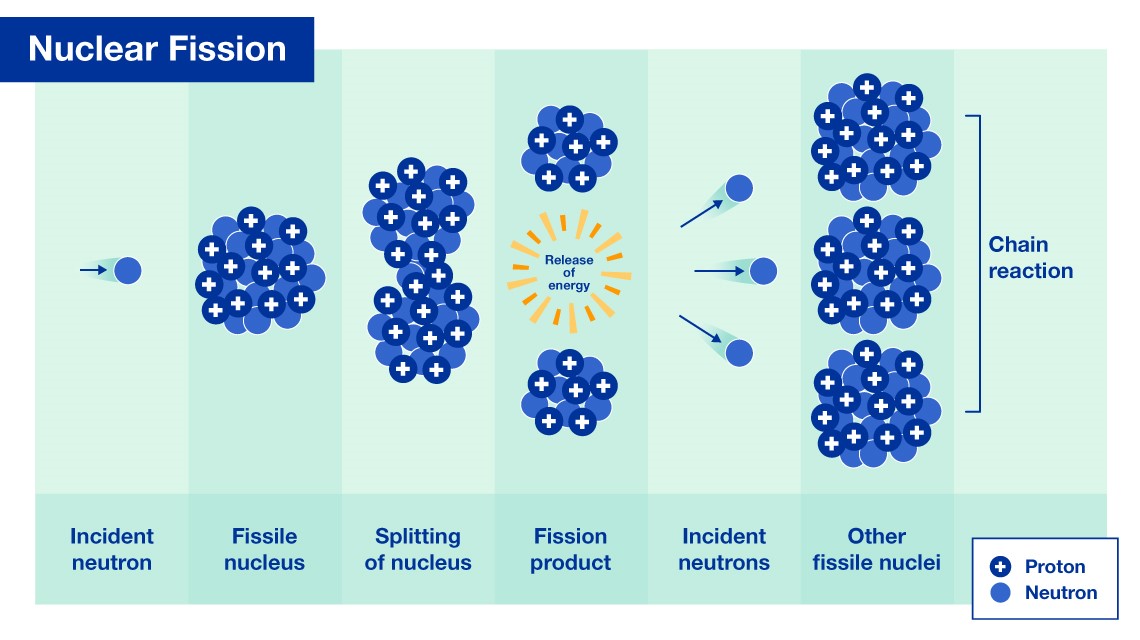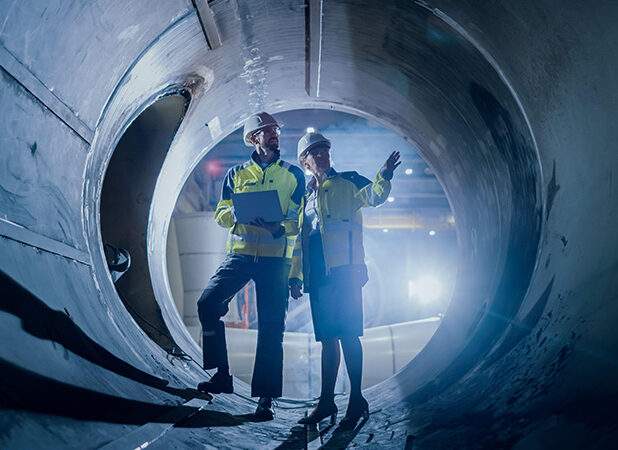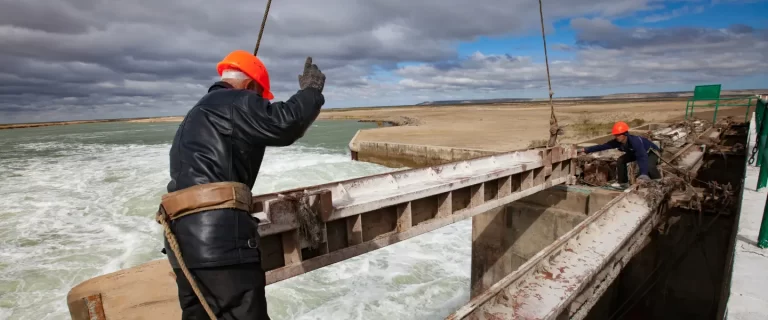What is nuclear energy?
Nuclear energy is a type of energy that is generated by nuclear reactions, which release large amounts of heat that can be used to generate electricity. It is a low-carbon energy source that does not produce greenhouse gas emissions during operation, making it an attractive alternative to traditional fossil fuels.
How is nuclear energy produced?
Nuclear power plants use the process of nuclear fission to generate energy. This involves splitting the nucleus of an atom, which releases a large amount of heat energy. The heat is then used to create steam, which drives a turbine to generate electricity.

This diagram shows the process of nuclear energy generation
Concerns on nuclear energy
Despite its low-carbon benefits, concerns have been raised about the safety of nuclear power plants. In the event of a nuclear accident, the release of radioactive material can have devastating effects on human health and the environment. Additionally, the disposal of nuclear waste is a complex and ongoing issue, as the waste remains dangerous for thousands of years.
Due to these concerns, the use of nuclear energy remains controversial. While some countries have made significant investments in nuclear power, others have decided to phase out their nuclear power plants in favor of renewable energy sources.
Conclusion
Overall, nuclear energy has the potential to play an important role in the global energy mix, but it is important to carefully consider the risks and benefits before making any decisions about its use.
Frequently asked questions
What are the benefits of nuclear energy?
Nuclear energy is a low-carbon energy source that does not produce greenhouse gas emissions during operation. It is a reliable and cost-effective source of energy that can help meet the growing demand for electricity in many parts of the world.
What are the safety concerns with nuclear energy?
The safety concerns surrounding nuclear energy relate to the potential for nuclear accidents, which can have devastating effects on human health and the environment. Additionally, the disposal of nuclear waste is a complex and ongoing issue, as the waste remains dangerous for thousands of years.
What is the future of nuclear energy?
The future of nuclear energy remains uncertain, as some countries have made significant investments in nuclear power, while others have decided to phase out their nuclear power plants in favor of renewable energy sources. It is likely that the use of nuclear energy will continue to be debated and will depend on factors such as safety concerns, cost, and availability of alternative energy sources.






